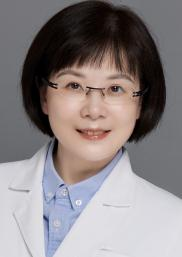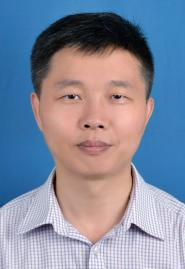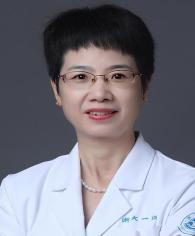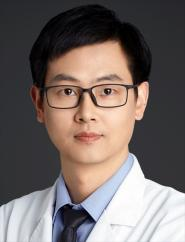Focus Areas & Subspecialties:
1. Reproductive Endocrinology (Polycystic Ovary Syndrome, Premature Ovarian Insufficiency, etc.)
2. Reproductive Surgery (Hysteroscopy, Laparoscopy for Endometriosis, Pelvic Inflammatory Disease, etc.)
3. Reproductive Genetics (Recurrent Miscarriage, Abnormal Gamete and Embryo Development)
4. Reproductive Immunology (Recurrent Miscarriage, Recurrent Implantation Failure)
5. Urogynecology (Male Reproductive Health)
6. Assisted Reproductive Technologies (In Vitro Fertilization - Embryo Culture, Optimization of Severely Fragmented Embryos)
7. Psychological Counseling and Nursing (Psychological Counseling for Infertile Couples)
8. Fertility Preservation (Fertility Preservation for those at risk of gonadal function damage due to disease treatment)
9. Multidisciplinary Team Management
Skills:
1. Basic Surgical Skills: Ovarian Puncture (Egg Retrieval, Cyst Aspiration), Embryo Transfer
2. Hysteroscopy and Laparoscopy Techniques: Excision, Delicate Dissection, Suturing, Bowel Handling, etc.
Skills:
1. Etiology Exploration, Diagnosis, and Treatment Approaches for Infertility and Sterility.
2. Laparoscopic and Hysteroscopic Techniques: Adhesion Lysis, Tubal Surgery, Endometriosis Lesion Excision, Precise Dissection, and Suturing.
3. Assisted Reproductive Technologies: Controlled Ovarian Hyperstimulation, Egg Retrieval, Embryology Laboratory Procedures, and Embryo Transfer.
4. Diagnostic and Treatment Skills for Recurrent Miscarriage.






